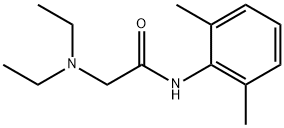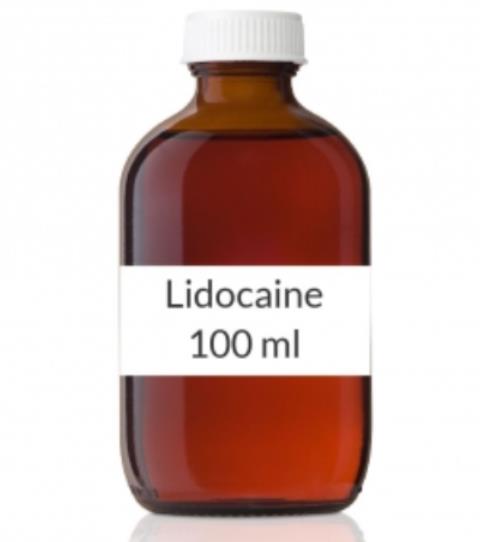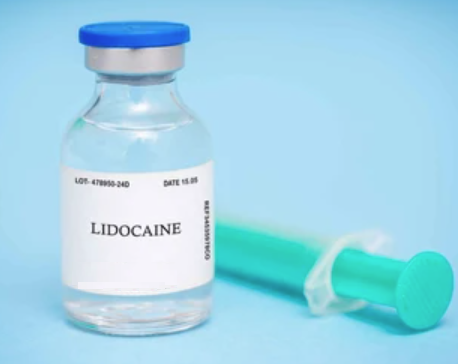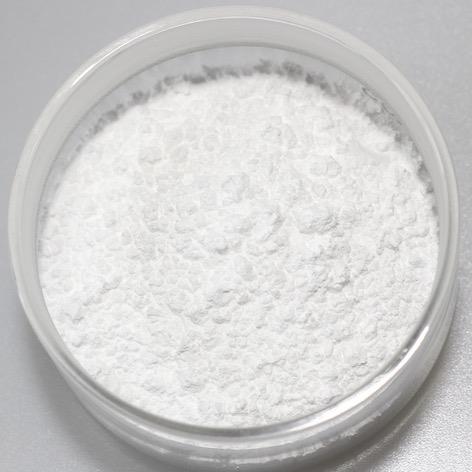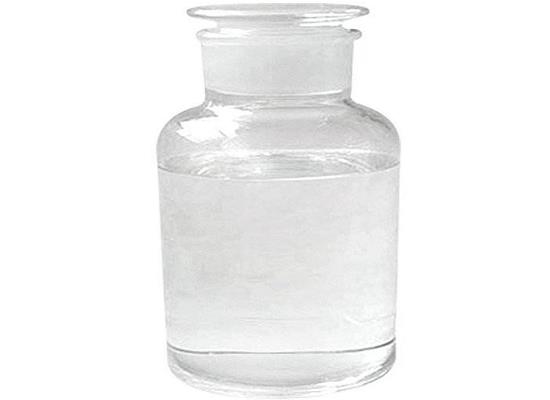Lidocaine synthesis
Lidocaine also called lidopen, xylocaine, xylocard, is a prototype of antiarrhythmic drugs of subgroup IB, and is a sodium channel blocker (class 1B antiarrhythmic) that causes a depression of rapidly depolarizing tissue. It can be used as a local anesthetic and as an antiarrhythmic after heart attacks. It has also found use in asthma therapy (dispensed in nebulizers).
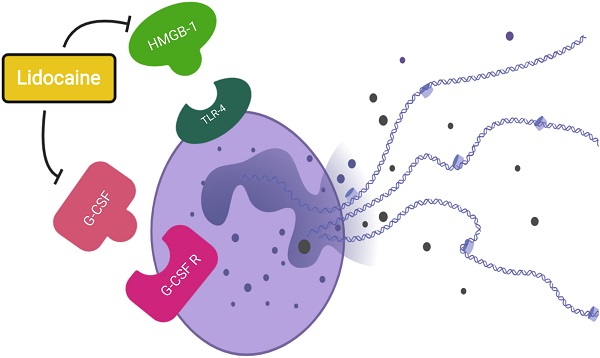
Lidocaine is usually administered intravenously for short-term therapy of ventricular extrasystole, tachycardia, especially in the severe phase of myocardial infarction, arrhythmia of natural cause, and for arrhythmia that can originate in the heart during surgical manipulations.
A method for preparing lidocaine: using 2,6-dimethylaniline and chloroacetic chloride as raw materials to prepare an intermediate, namely acetyl chloride-2,6-dimethylaniline, and using the prepared intermediate and diethylamine to react and obtain lidocaine, wherein acetone is used as solvent and carbonate is used as catalyst in thereaction process.
You may like
Related articles And Qustion
Lastest Price from Lidocaine manufacturers
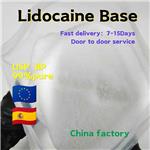
US $0.00-0.00/kg2025-07-12
- CAS:
- 137-58-6
- Min. Order:
- 1kg
- Purity:
- 99%pure
- Supply Ability:
- 10 tons

US $5.00-0.50/KG2025-06-05
- CAS:
- 137-58-6
- Min. Order:
- 1KG
- Purity:
- 99% hplc
- Supply Ability:
- 500TONS
